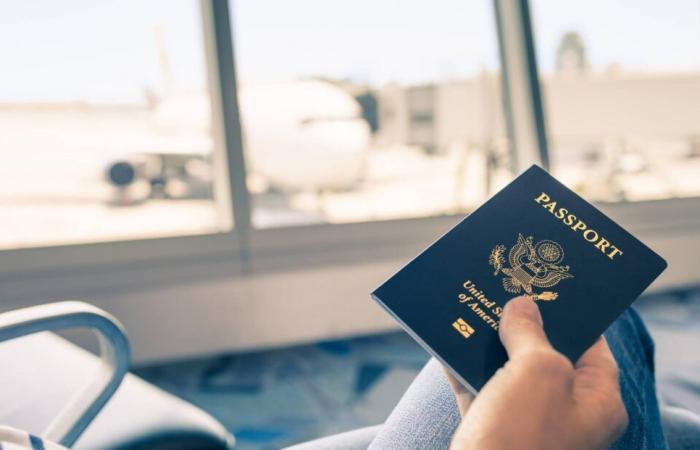The rise of biometric identification is intensifying across the world. Nowadays, travelers are increasingly sensitive to the digital measures introduced at airports to streamline boarding. A global survey by the International Air Transport Association (IATA) confirms this trend, highlighting a growing enthusiasm for technologies applied to travel, which are now a priority for many passengers.
“Passengers want flexibility and transparency when planning and booking their trips, as well as speed and convenience at the airport. More and more are adopting systems using biometrics, digital wallets and off-airport processes to achieve these goals. “, explains Nick Careen, Senior Vice President of Operations, Safety and Security at IATA. Although the use of facial recognition is struggling to develop in Europe, it is already widely adopted in other regions, notably in North America, where travelers also favor paying by credit card to save time. The latter are more inclined to share their personal information to speed up security checks upon arrival at the airport.
Among those surveyed, 85% said they were willing to share their immigration data, such as their visas and passports, to speed up the process. Additionally, 89% express strong interest in trusted traveler programs, which help reduce their wait time at the airport. Furthermore, 70% of those surveyed would like to be able to check in their luggage before arriving at the airport, in order to make the process easier. The IATA study also reveals that young travelers are the most receptive to the use of technology when traveling.
What about user data security?
Currently, many airports around the world are experimenting with facial recognition to replace passport presentation. Among the European countries that have adopted this technology is Germany, which has implemented it at Frankfurt airport. However, the European Data Protection Board is reluctant to accept this new practice, due to the potential risks to privacy. As the European Data Protection Board website states, “misuse of biometric data can also have serious consequences, such as identity fraud or identity theft. “.
However, biometric identification is very popular with passengers, particularly young people. According to the IATA study, 48% of those under 25 prefer this technology to traditional identification methods. “The message from travelers is clear: they want to board faster thanks to technology and smarter processes before they even arrive at the airport,” concludes Nick Careen. Among those surveyed, 46% have already used biometric identification, and 84% of them were satisfied with it. These figures could, ultimately, encourage the European Data Protection Board to reconsider its position regarding this technological advance.






